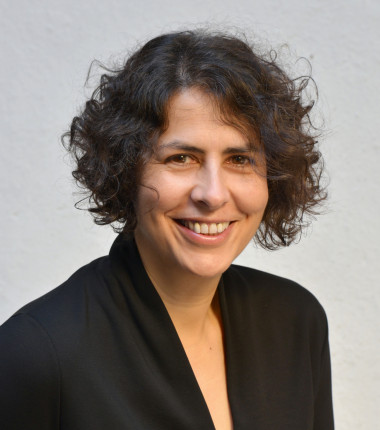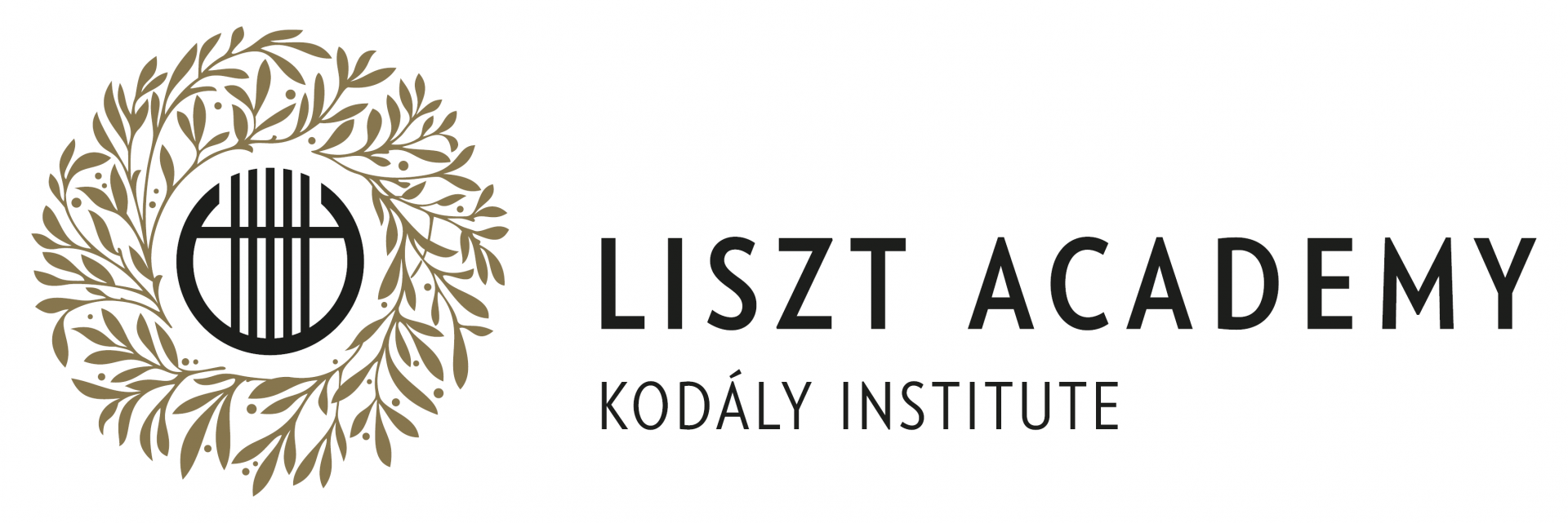Director's Greeting

Photo: Lenke Szilágyi
It is an honour and a pleasure that from September 2023, I am leading the Kodály Institute, the renowned international music pedagogy workshop of the Liszt Academy. My thanks to the distinguished former directors, Prof. Péter Erdei, and Prof. László Norbert Nemes and to all my colleagues, past and present, for developing one of the cultural trademarks of Hungary, a highly recognised, professional institute, which is unique in the international music world.
Our Institute, which was initiated by Mrs Sarolta Kodály and founded in 1973, opened its door for its first students 50 years ago in September 1975. This jubilee reminds us to rethink our past, present and future, our intellectual and musical heritage and aims, which should emerge from Zoltán Kodály’s legacy and his striving to educate literate humans through music and common singing. Kodály’s concept about the early childhood education and life-long learning became known and taught all over the world. The Kodály Institute - which nowadays belongs to the 150-year-old Liszt Ferenc Academy of Music - with its 50-year-long tradition, curriculum, alumni network (the alliance of many accomplished musicians and music educators all over the world), knowledge, experiences, and highly educated and strongly commited faculty, pursues the dream of Kodály and the founders with its creativity, offering contemporary, flexible study programmes on higher education level and in teachers’ training.
In 2025 we celebrate a fourfold anniversary: the 150th anniversary of the founding of the Liszt Academy, the 50th anniversary of the opening of the Kodály Institute, the 50th anniversary of the founding of the International Kodály Society, and 30th anniversary of the Foundation for the Kecskemét Kodály Institute. At this anniversary time, when Zoltán Kodály’s legacy and our work get more attention than ever, we open our door not only to the members of the diverse Kodály community of the music world, but also to the widest possible public. Our headquarter, the beautifully renovated and modernised building – a medieval monastery – in the centre of Kecskemét is operating not only as a university department, but a workshop, a hub, where creative musicians, performers, music pedagogists and students can independently think, share ideas and discuss their experiences.
As a higher-education institution, we bear in mind, that our students come to the Institute with different knowledge and financial backgrounds, from different linguistic, cultural, social, political, and religious backgrounds, and during their one to five years in Hungary they meet the values of this part of the world, Hungarian culture and Europe, through us, their teachers. This is a great responsibility, because through a special filter, through the language of music and music education, we convey both national and European values, we hold up a mirror to the world about ourselves, about our country and our traditions. At the Kodály Institute, the encounter of cultures and traditions is a daily practice, where the teaching method is based on tradition, on the new musical innovations of our time, on dialogue, diversity and openness. This is perhaps the most important principle of the musical heritage of Ferenc Liszt and Zoltán Kodály: to be open, to be curious, to focus on the proportions of what and how, to empathise and to be honest.
This is what I have learned as a performing artist from the generation of my former teachers who were truly Kodály students, and what I should try to pass on as director and as an educator to the students and the staff of the Kodály Institute, to the international community of Kodály traditions, and to my Hungarian colleagues who stand for music teaching in public and higher education.
Dr. habil. Judit RAJK DLA



